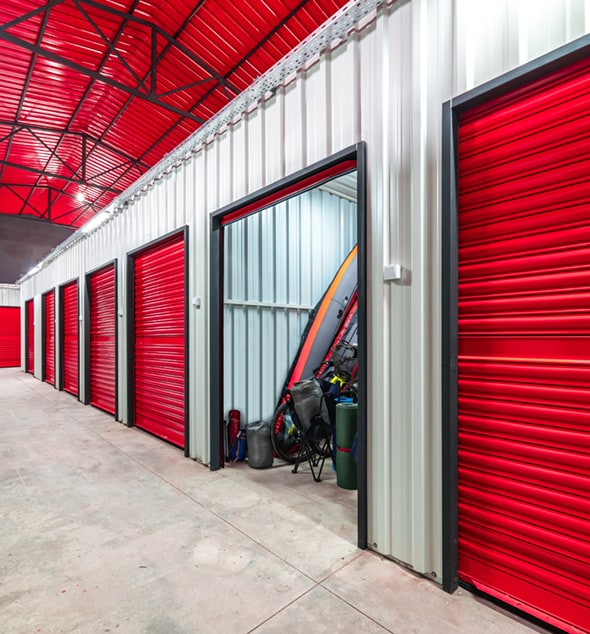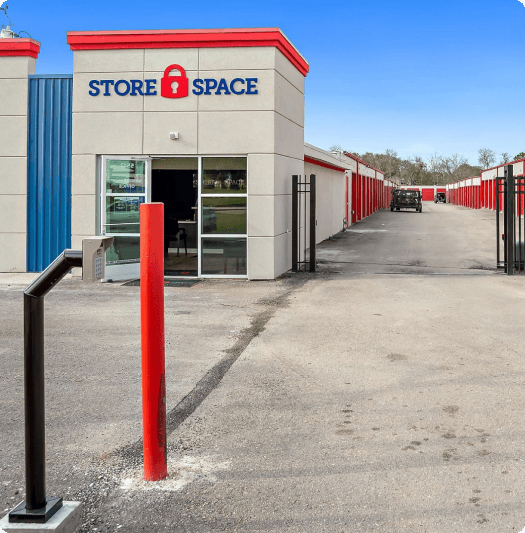Is Glen Cove, NY, a Good Place to Live? Pros and Cons

Located on the North Shore of Long Island, Glen Cove offers residents an abundance of outdoor activities, a small-town atmosphere and a variety of delicious dining options. No matter what attracted you to the area, you may be wondering if Glen Cove, NY, is a good place to live?
We’ve created this guide to help you decide if Glen Cove is right for you. First, we’ll provide some important statistics like population and location, along with a brief history of the area. Next, you’ll find stats like the crime rating, cost of living, and a few pros and cons of living in Glen Cove. Keep reading to learn more!
What is Glen Cove Like?
Glen Cove is a city in Nassau County, on Long Island’s northern shore. It is about 28 miles northeast of Times Square and 24 miles north of John F. Kennedy International Airport. Glen Cove is also near Queens and Brooklyn.
The city is considered a diverse suburb of New York and is home to about 28,365 residents. Glen Cove is partially bordered by Hempstead Bay and surrounded by water on three sides. The city offers more than 10 miles of waterfront.
| Glen Cove, NY | Stats* |
| Population (2010) | 26,964 |
| Population (2020) | 28,365 |
| Land Area (2020, sq. mi.) | 6.66 |
| Time Zone | UTC-5 (EST) |
History of Glen Cove
The history of Glen Cove was greatly impacted by the waterfront on the North Shore. Glen Cove was founded in 1668 by early settlers Joseph Carpenter, Nicholas Simkins and brothers Daniel, Nathaniel and Robert Coles. The settlement was originally named “Musketa Cove,” but was changed to Glen Cove in 1834 to attract more New York City residents. Many New Yorkers were apprehensive to travel to the area because they didn’t hear the difference between “mus-kee-tah” and “mosquito.”
Glen Cove became a resort community, and the Industrial Revolution reached the area in the 1850s. The beginning of the 20th century brought a wave of wealthy industrialists and businesspeople to Glen Cove. These families built estates along the waterfront and established businesses in the city.
Originally part of the Town of Oyster Bay, Glen Cove became its own city in 1917 after the population surpassed 10,000.
Is Glen Cove a Safe Place to Live?
According to CrimeGrade.org, Glen Cove is in the 98th percentile for safety, meaning only 2% of cities are safer. The city has an overall crime grade of an A+. The rate of crime in Glen Cove is 8.38 per 1,000 residents, and northern Glen Cove is considered the safest area of the city.
Is it Expensive to Live in Glen Cove?
The cost of living in Glen Cove is higher than both the United States average and the New York state average. According to BestPlaces.net, housing in Glen Cove is more than double the national housing cost, and all other categories (including grocery, health, utilities and transportation) are more expensive as well.
Compared to other cities with a similar population size, generally, Glen Cove has a higher cost of living.
| City | Cost of Living* |
| Glen Cove, NY | 162.1 |
| Westport, CT | 230.4 |
| Parkland, FL | 158.4 |
| Winchester, NV | 119.1 |
| Oakdale, MN | 103.8 |
| Barberton, OH | 71.1 |
*Data from BestPlaces.net
The cost of living in Glen Cove is greatly affected by high housing costs. The median home value is $509,500 compared to the national average of $229,800, according to Niche.com. The median rent is also higher ($1,828 in Glen Cove compared to $1,096). More people own rather than rent their homes (54% vs. 46%).
What to do in Glen Cove
Glen Cove is considered one of the top places to live in New York. As a popular place for retirees and young professionals alike, Glen Cove attracts residents from all over.
The city is surrounded by water on three sides, offering three public beaches, boat ramps, yacht clubs and a marina. Pryibil Beach and Fishing Pier and Crescent Beach are for Glen Cove residents only, and Morgan Memorial Beach is for Glen Cove and Locust Valley residents only. If you’re eager to get on the water, Glen Cove is the place to be. Residents and visitors can paddleboard, kayak, canoe and more on the North Shore of Long Island.
Glen Cove is also home to two nature preserves, a golf course and several parks. Local parks offer amenities like athletic courts, playgrounds, trails and more. If your furry friend needs some exercise, you can head over to the Garvies Point Dog Park.
The area is also home to historical sites and museums, including the North Shore Historical Museum, Garvies Point Museum and Preserve, Holocaust Memorial and Tolerance Center and more. The Mansion at Glen Cove was designed in 1910, and served as inspiration for the setting in F. Scott Fitzgerald’s book The Great Gatsby. It was also the setting for scenes from the movies Sabrina and North by Northwest. Today, the stunning Georgian estate serves as a luxurious hotel and event space.
Good luck deciding where to eat in Glen Cove—there are many incredible dining opportunities in the area. Some of the top restaurants include La Bussola Restaurant (Italian cuisine), The View Grill (upscale American eatery), The Cove Restaurant and Oyster Bar (seafood), Sweet Mandarin (Asian cuisine) and more!
What are the Pros of Living in Glen Cove?
There are a number of benefits of living in Glen Cove. Along with a variety of outdoor adventure and entertainment opportunities, Glen Cove is also home to a low crime rating. It is safer than 98% of U.S. cities, with the chances of being a victim of a crime as low as 1 in 203 in the northern part of the city.
Glen Cove is also home to above-average public schools, a vibrant culture, and unique history. Even though there is plenty to do in Glen Cove, the area remains a close, tight-knit community.
What are the Cons of Living in Glen Cove?
One negative of living in Glen Cove is the cost of living. Based on a national average of 100 and a state average of 120.5, Glen Cove’s cost of living is much higher at 162.1. Some of the highest costs include median home cost (more than double the national average) and transportation.
The weather in Glen Cove may also be considered a con. Summers are warm, humid and rainy and winters are cold, snowy and windy. According to BestPlaces.net, Glen Cove averages 24 inches of snow and 47 inches of rain per year. The summer high is usually around 84 degrees Fahrenheit, and the winter low is about 25 degrees Fahrenheit.
Glen Cove FAQs
Is Glen Cove rich?
According to Census.gov, Glen Cove’s average per capita income in the past 12 months (in 2020 dollars) was $41,787. This is upper middle income compared to the state of New York, and wealthy compared to the rest of the nation.
What is Glen Cove known for?
Glen Cove is largely known for its beautiful outdoor spaces, incredible views and 10 miles of waterfront. The city has three public beaches, along with nature preserves, parks and a golf course. The Mansion at Glen Cove is a popular attraction in the area, now serving as an upscale hotel.
Does Glen Cove have a town?
The city of Glen Cove offers a variety of resources for both residents and businesses. Visit the website for more information regarding certain departments and services.
Is Glen Cove in Nassau or Suffolk?
Glen Cove is located in Nassau County, New York.
Are you Moving to Glen Cove?
We hope this guide has helped you decide if Glen cove is right for you. If you’re considering moving to Glen Cove, don’t forget about self-storage! Store Space in Glen Cove offers convenient storage solutions, with a wide range of unit sizes, features and amenities to ensure you find the best fit. Check out our facility in Glen Cove, our other storage facilities in New York, or across the U.S. Just use our storage location finder to locate your nearest facility.







